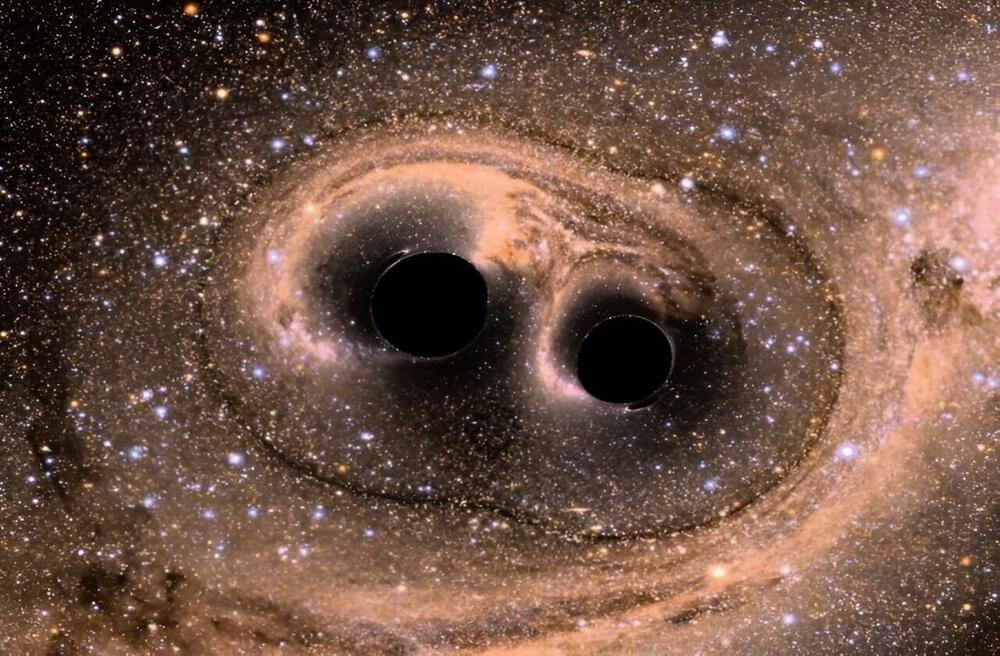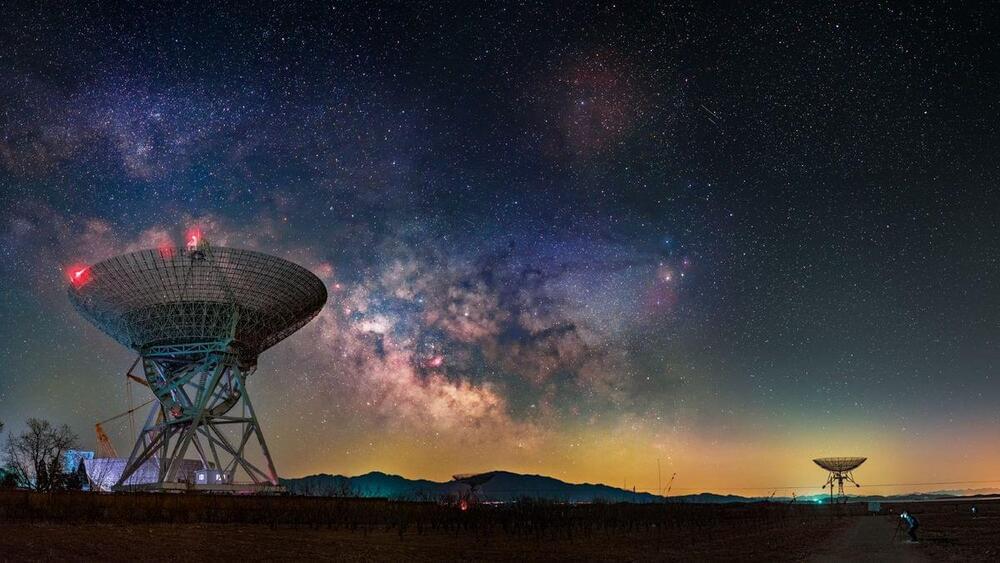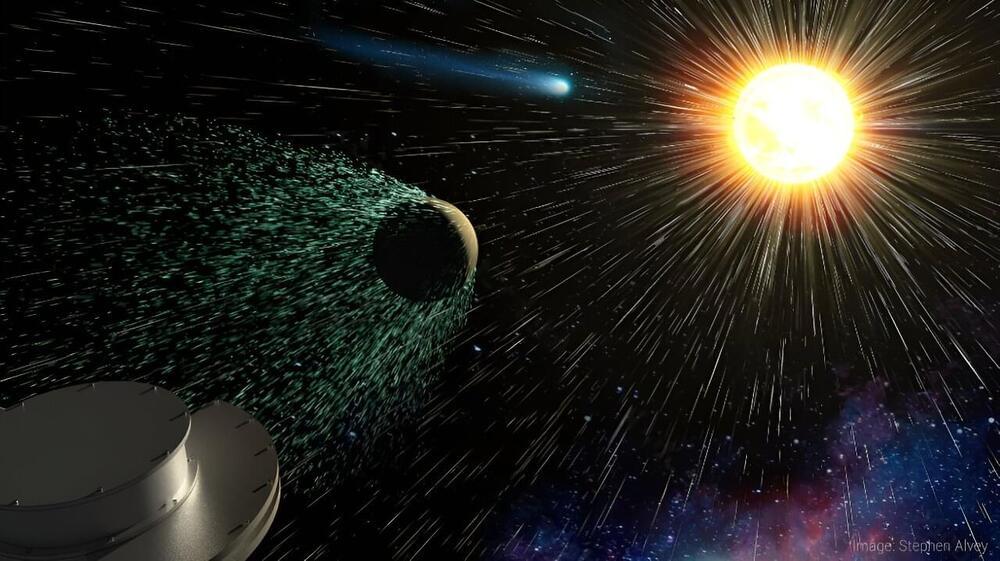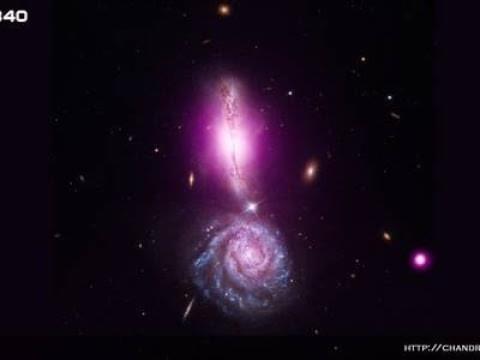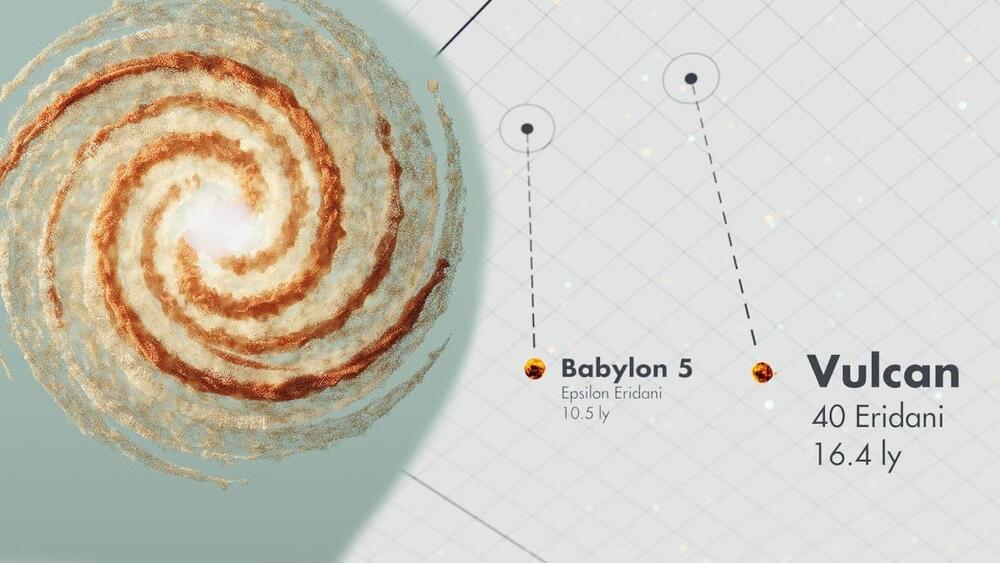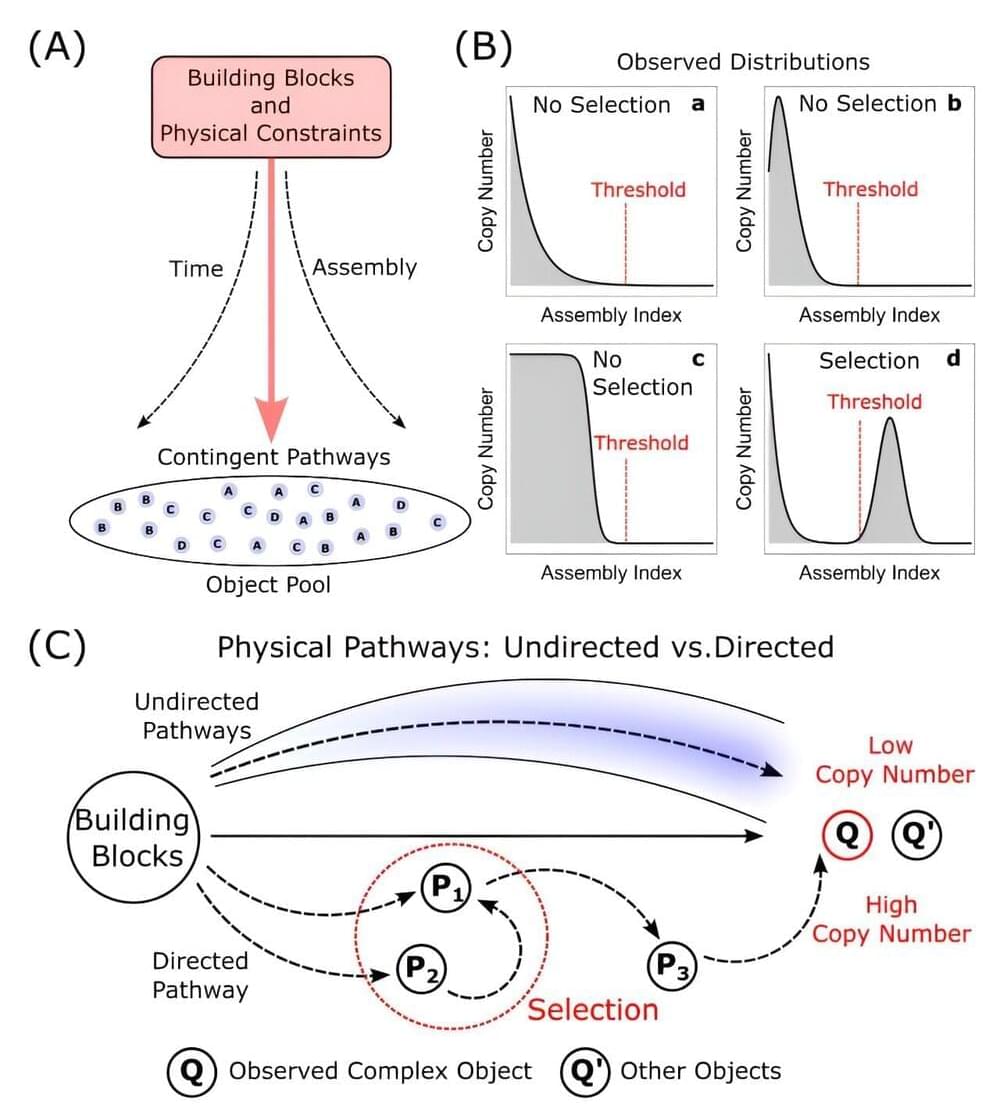Oct 16, 2023
There might be just one multiverse
Posted by Paul Battista in categories: alien life, quantum physics
The idea of the multiverse has at least two conceptually distinct sources in theoretical physics: quantum mechanics and cosmology. The many worlds of quantum mechanics are very different in terms of their nature and origin from cosmology’s multiverse. However, physicists have reason to believe that ultimately, these two distinct multiverses are in fact one and the same, writes David Wallace.
In big budget science-fiction and fantasy franchises, the “multiverse” is a collection of universes – some quite like our own, some differing from ours only in the way some historical event played out or some person’s life unfolded, some vastly different and filled with strange wonders. But in the drier and more disciplined world of modern physics, “multiverse” means… well, pretty much the same, only without the prospect of easily moving from one universe to the next. The multiverse of physics is revealed more subtly, by hints hidden in our observations and our theories.
Or rather: the multiverses of physics are revealed more subtly. For remarkably, physics gives us not one but three different multiverses, and reasons to accept all three.

